Learning
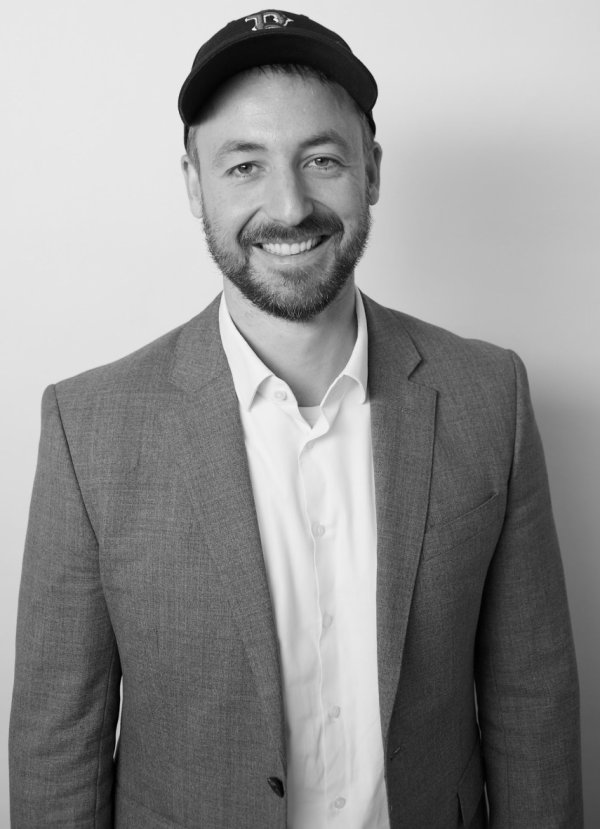
Adam Zeitler
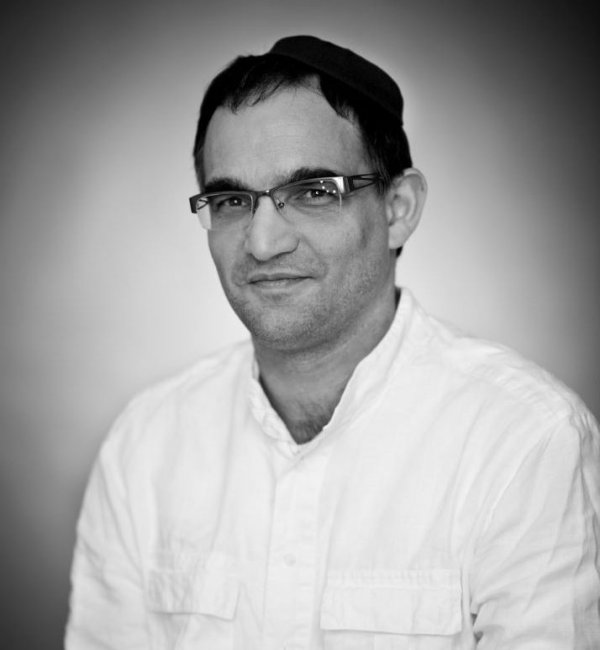
Gábor Balázs Dr.
Dr. Gabor Balazs received his PhD. at Bar Ilan University in Israel. His main interest is the connection between morality, politics and religion; contemporary Jewish identity; Israeli art, society and identity.
He is a professor of Jewish and Israeli Philosophy at the Jewish Theological Seminary-University of Jewish Studies. He is the vice-rector of the institution and the head of the Rabbinical Training Program. He is also active in numerous frameworks of Jewish adult education.
Formerly he worked as the Head of Jewish and Israel Studies at Lauder Javne Jewish Community School, the director of the Israeli Cultural Institute in Budapest, and the headmaster of the school of the Orthodox Jewish Community of Hungary. As a community activity he served for eight years as the vice president of the Orthodox Community of Hungary.
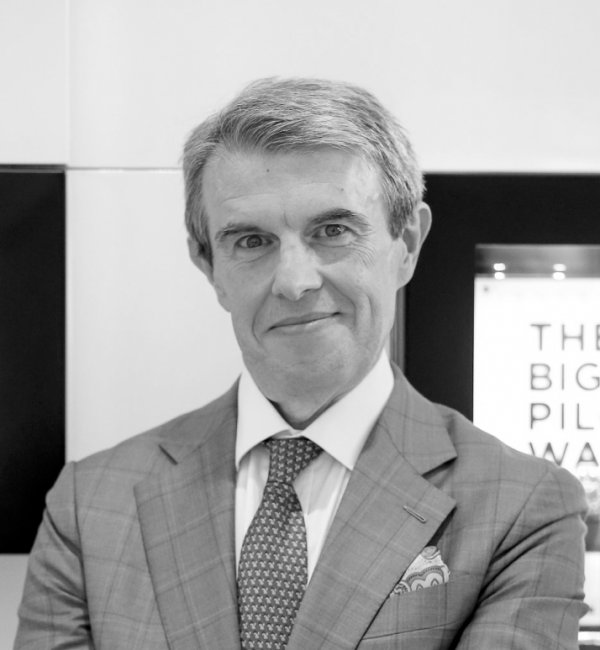
Gábor Szerb
I was born in Budapest in 1965. I graduated the College of Catering Trade and Tourism in 1987. I am an entrepreneur active majorly in the watch business. Presently, I live in Slovakia with my wife and 2 daughters Katika and Sárika.
I started my studies of Judaism app. 30 years ago, and since then I try to spend more and more time with it. In the communities I regularly visit I am sometimes invited to be a shliach tzibur or to give lectures.
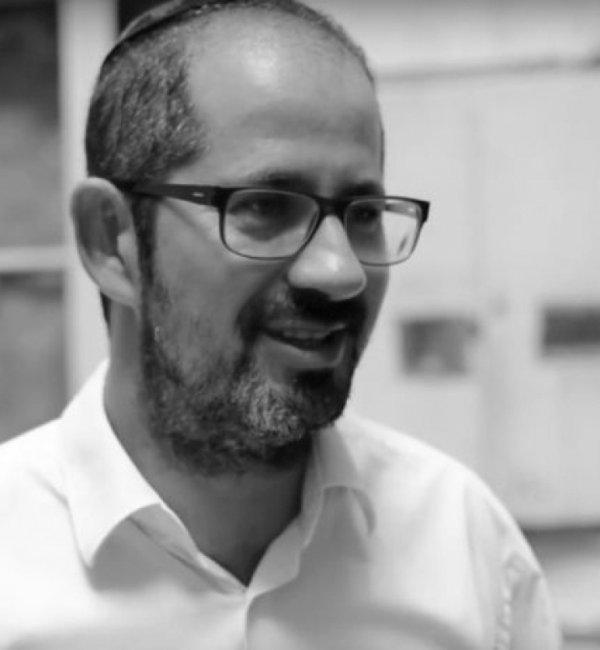
István Darvas
I was born in Budapest in 1974. I started my Jewish studies in 1998 and 2 years later it became clear to me that I would like to become a rabbi. During my studies in the Jewish Theological Seminary – University of Jewish Studies I was practicing in Székesfehérvár, in the Hunyadi tér synagogue in Budapest, in the synagogue of the University and in the synagogue “Nagy Fuvaros Utca”. After receiving my smicha and degree in 2005 I had become the rabbi of the synagogue “Nagy Fuvaros Utca” until 2010. Between 2010 and 2013 I was the rabbi of the “Dózsa György út” synagogue and from 2013 until 2020 I led the synagogue of the University of Jewish Studies. In 2021 we created the independent community of the T12 Beit Midrash in the Israeli Cultural Institute in Budapest. At the same time I’m also serving as the rabbi of the synagogue in Székesfehérvár.
I live with my wife Viktória and I have 2 daughters Dorka (21) and Lili (9)
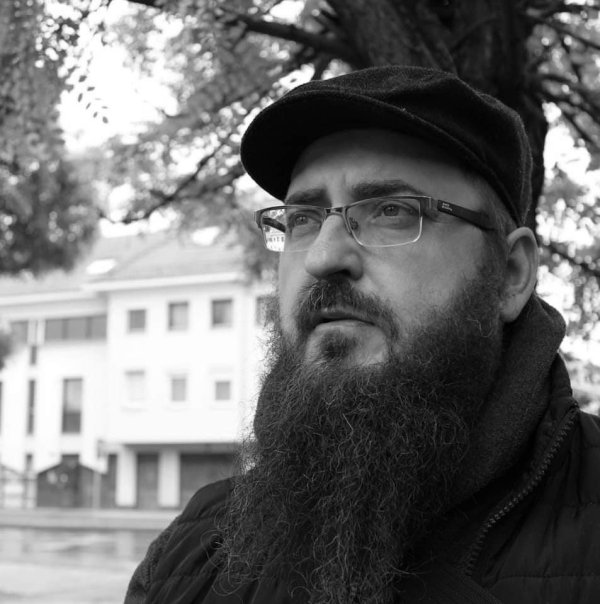
József Lénárt G.
I live in a little village called Feldebrő, near Eger. In addition to/after my studies in economics, I graduated at KJU (Karaite Jewish University), and then I have studied at the Jewish Theological Seminary – University of Jewish Studies , where I graduated in 2023 as Denominational (Jewish) community builder. My thesis was written about the identity change of the Karaites. I am currently a student at the same University and study to become a Rabbi.
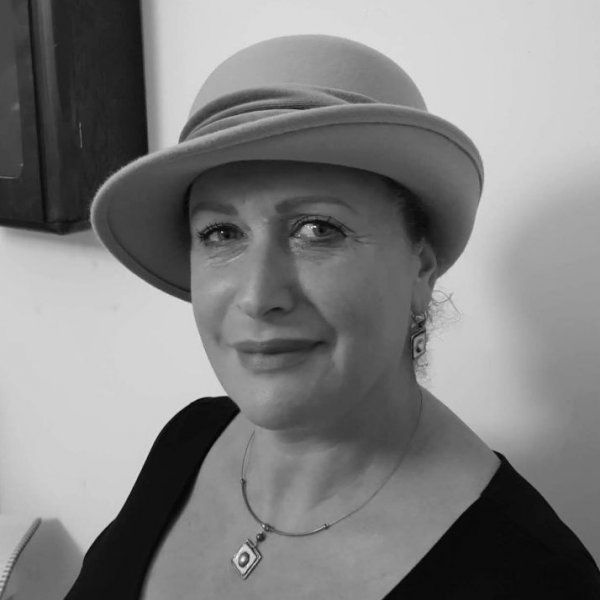
Judit Jávor
I spent a great time of my childhood at the kosher kitchen of my grandmother, and from there I absorbed yiddishkeit. The last several years I have been searching for my real place within the Jewish communities in Budapest, that is how I found T12. I would like to be a useful and agile member of the community.
In my private life I work as a teacher. I worked for many years in the Jewish School at Wesselényi Street. Now, I prepare myself for the PhD course of the University of Jewish Studies, in Budapest, where I will write my dissertation with the title: “Dramatic elements in the Jewish Liturgy”
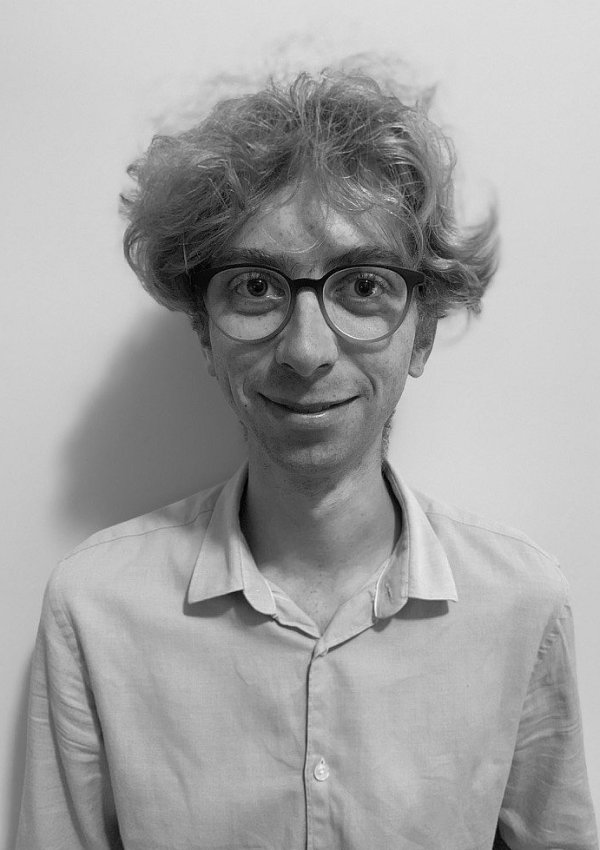
Miksa Gáspár
Miksa Gáspár was born in 2000, in Budapest.
He completed his BA degree at Bard College Berlin in Berlin and currently he is a student of the Frankel College and the Hungarian Rabbinical Seminary. Since 2013, Miksa regularly leads religious services and teaches in Hungarian and German communities.
He wrote his bachelor thesis on Jewish young adults religious and communal engagement. Currently, he is mostly interested in the intersectionality of the social sciences and religious studies as well as the diverse spectrum of practices in different Jewish communities.
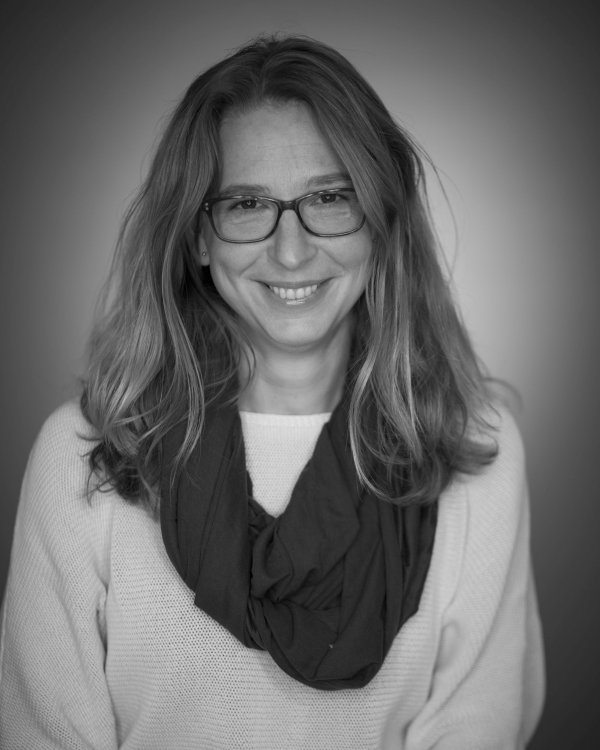
Szonja Ráhel Komoróczy
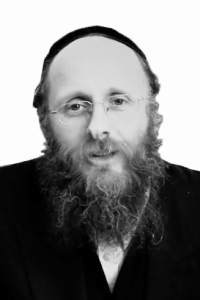
Zeev Paskesz
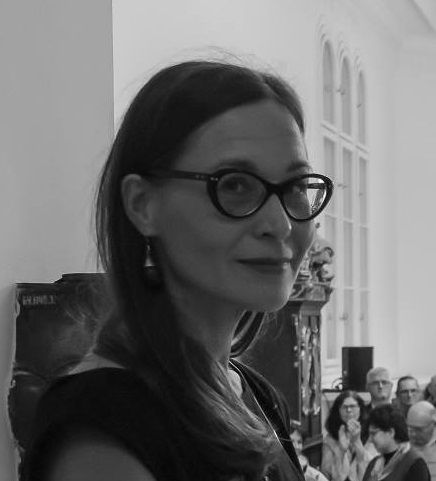
Zsuzsanna Toronyi Dr.
It is essential for me that the visual environment of the Jewish communities should show the same values as what they follow in their decisions and ceremonies. I believe that it has been like that throughout the previous centuries; this is why identifying and interpreting Judaism’s visual and material heritage became my main research topic.
My job fits this: I have been working at the Hungarian Jewish Museum and Archives for over 25 years, presently as the institution’s director.